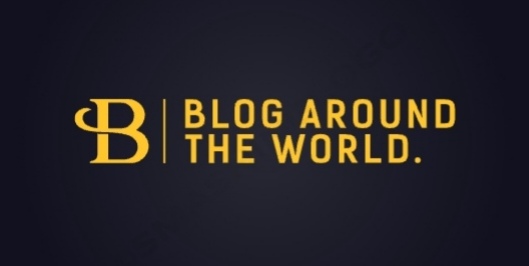Critical thinking skill: What is its importance? How do we develop it?
In an accelerating and complex world, critical thinking skills have become one of the most important tools an individual can develop to react to challenges and make smart decisions in daily life. Critical thinking represents a deep analytical process that seeks to understand ideas and information in a comprehensive manner, and evaluate them in a logical and organized manner. These skills enhance the ability to make informed decisions and enable the individual to interact effectively with the complex challenges he or she may face.
In this article, we will review how to improve critical thinking skills in daily life, focusing on practical steps that can be taken to enhance these abilities. The importance of reading and critical analysis, how to challenge established ideas and develop listening and dialogue abilities will be explored. We will also highlight the importance of organizing ideas and analyzing information systematically. By adopting these methods, an individual can achieve sustainable development in his or her critical skills, which contributes to enhancing his personal and professional experience.
In our quest to develop critical thinking skills, we must focus on additional concepts that enhance this improvement. Specific steps can be followed:
1. Active reading:
Start with a variety of reading in different fields. Reading literary, scientific, and philosophical articles contributes to expanding horizons of thinking.
2. Information analysis:
Evaluate information systematically. Ask yourself about the credibility of the sources and careful analysis of the ideas presented.
3. Challenging assumptions:
Be willing to challenge established ideas and assumptions. Ask yourself “why” and “how” to enhance your understanding.
4. Develop listening skills:
Understanding and appreciating others' perspectives promotes critical thinking. Be an active listener and strive to understand diverse viewpoints.
5. Practicing organizational thinking:
Organize your thoughts logically and hormonal. Use illustrations and diagrams to illustrate relationships between ideas.
6. Developing solution skills:
Follow a scientific approach to solving problems. Define the problem, research options, and make the best choice based on critical thinking.
7 . Practicing intellectual friendship:
Interact with people talking about diverse ideas. Dialogue with others contributes to enhancing critical thinking.
8. Keeping pace with technological development:
Learn to use technology effectively to collect and analyze information, which contributes to enhancing critical thinking abilities.
9 . Determine thinking goals:
Set goals to improve critical thinking skills and track your progress periodically.
10. Enjoy continuous learning:
Be open to continuous learning and improvement. Continue to develop your skills by constantly updating your knowledge.
11. Developing dialogue skills:
Understanding and respecting the viewpoints of others promotes constructive interaction and enriches critical thinking. Learn the art of effective communication and be prepared to engage with diverse opinions.
12. Error analysis and continuous improvement:
Acknowledging and analyzing mistakes contributes to improving thinking skills. Take advantage of times when thinking may be inaccurate and look for opportunities for improvement.
13. Develop curiosity and innovation:
Stimulating curiosity and developing the ability to innovate promotes critical thinking. Be curious and explore new areas that broaden your horizons of thinking.
14. Interaction with intellectual challenges:
Brain challenges and complex intellectual tasks contribute to strengthening critical thinking skills. Accepting challenges promotes intellectual development.
15. Be intellectually flexible:
Be flexible in thinking and accept change. Intellectual flexibility enables adaptation to transformations and developments.
16. Search for a diversity of sources:
Enhancing thinking skills is done through the use of various sources. Extending reading and listening enriches understanding and stimulates critical thinking.
17. Listen to criticism constructively:
Receiving criticism in a constructive spirit contributes to improving thinking skills. Use criticism as an opportunity to learn and develop your ideas.
18. Enhancing cultural understanding skills:
Understanding diverse cultures promotes critical thinking. Be open to the experiences and opinions of people from different cultural backgrounds.
19. Exercising rationality in making decisions:
Making decisions based on rational thinking strengthens the ability to make informed and considered decisions.
20. Benefit from practical experience:
Applying critical thinking skills to real-life situations makes them an essential part of life. Look for opportunities to apply what you have learned in analyzing everyday situations.
At the end of this exploration of how to improve critical thinking skills in everyday life, it appears that personal development of these aspects is an ongoing journey that requires continuity and commitment. By adopting sustainable habits such as analyzing ideas, developing dialogue skills, and innovation, an individual can effectively enhance his intellectual abilities.
We have to understand that critical thinking is not just a tool for analysis, but rather a way of life that includes constructive interaction, learning from experiences, and continuous improvement. By developing these skills, an individual can face challenges with confidence, contribute effectively to building his community, and improve the quality of his personal and professional life.


No comments:
Post a Comment